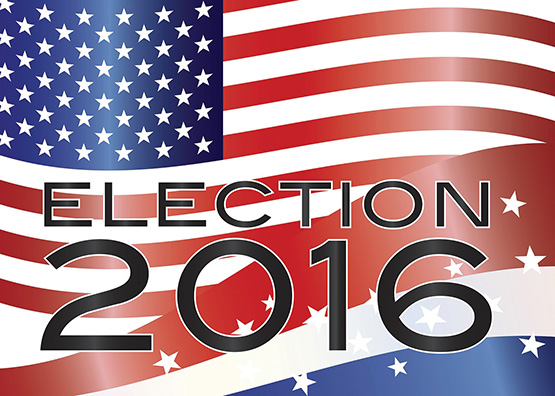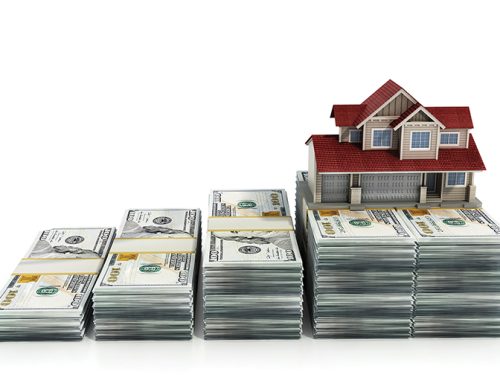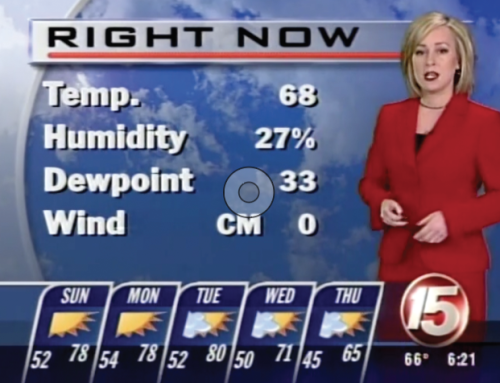By Amanda Ventura
In the midst of an election year, much of the country is focused on who will be the next leader of the Free World. What many Americans may not realize is that it’s not just the White House that gears up for the transition this fall – local housing markets also shift into election mode.
“The importance of the decision and the uncertainty that comes with it combine to have an effect on many aspects of our economy, with housing being just one,” says Kyle Fouts, a consulting broker for HomeSmart International. “It’s the not knowing who will be leading our country that works to give people pause.”
New policies that may affect interest rates and the stock market are the types of open-ended situations that create a mental and financial holding pattern, Fouts adds.
When 70 percent of the U.S. economy is based on personal consumption, pumping the brakes can slow everything else down.
“Consumer spending tends to decrease during an election cycle and major financial decisions are often put on the back burner,” Fouts says. “According to several studies, prices tend to increase at a slower rate in election years versus off years. Historically, there are also fewer homes sold during election years.”
The effects of a cycle are felt in the months leading up to November and the year thereafter, Matthew Gardner, chief economist for Windermere Real Estate, tells Inman News. While homes may not be selling at the speed of campaign attack ads, they are still appreciating in value.
What makes this year unique, Gardner says, is that the home prices are rising robustly across the country. Mortgage rates, he says, will modestly increase.
“Wall Street is very powerful when it comes to the economy, and they don’t like change,” he tells Inman. “As such, they are always going to favor the more [moderate] candidate – in this case, Secretary (Hillary) Clinton as opposed to Mr. Trump.”
The experts may say one thing, but a Redfin survey of homebuyers in 36 states showed only 27 percent of the buyers believed the election would negatively affect the housing market. In fact, a majority (63 percent) didn’t think there was any correlation at all.
Regardless of political favor, Fouts and Gardner agree the market will eventually steady itself as homeowners and buyers familiarize themselves with the new president and his or her policies – even if homebuyers are none the wiser.






